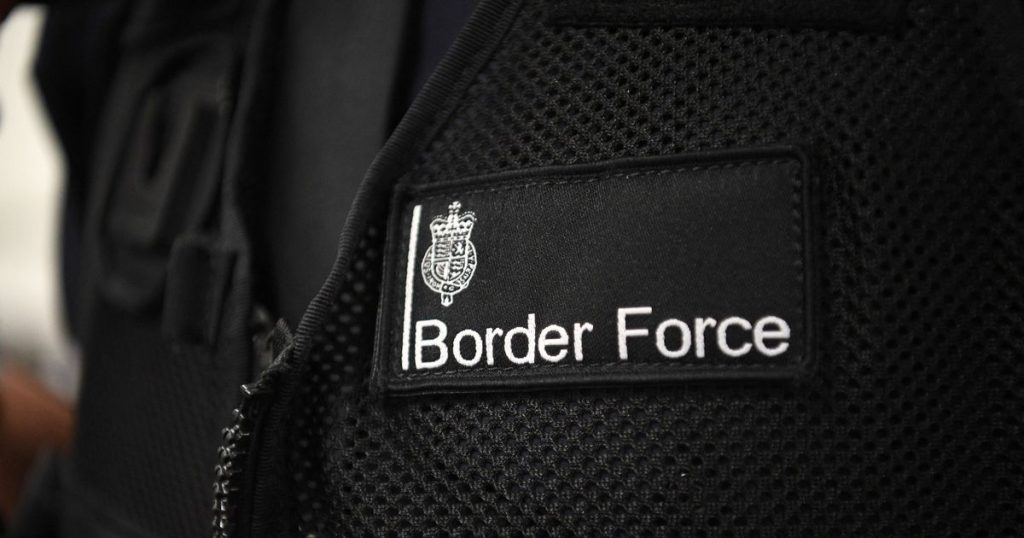Doctor Jonathan Shaw ordered poison from Malaysia and died after he intentionally ingested it – Border Force agents had discovered it but lacked legal powers to stop it from being sent to him. Doctor Shaw had ordered poison online from a company in Malaysia and it was intercepted by Border Force agents. However, due to current legislation, the poison was not illegal, and the agents had no legal powers to seize it. The package containing the poison was ultimately delivered to Shaw, who ingested it, leading to his death. The Border Force can only hold similar items for 30 days, and there was no national guidance or training for police forces or Border Force agents on handling such consignments from overseas.
Coroner Catherine McKenna expressed concerns to the Home Secretary and the national police chiefs council regarding the incident and called for action to prevent future deaths. She highlighted that the Border Force had released the parcel containing the poison without examining its contents or consulting with the Greater Manchester Police. There was no legal requirement for the Border Force to inform the local police force before releasing a consignment or request a welfare check on the recipient. The lack of communication and coordination between law enforcement agencies was identified as a gap that might have contributed to the tragic outcome of Shaw ingesting the poison.
The poison ordered by Shaw was flagged and seized by Border Force agents upon arrival in the UK, but due to legal constraints, they were unable to halt its delivery to him. The parcel containing the poison was released without inspection, leading to its delivery to Shaw, who unfortunately hid it and ingested it despite being informed by his family that it would be disposed of. The report highlighted that the poison was not prohibited under the Poisons Act 1972, making it challenging for Border Force agents to take legal action to prevent its delivery. The lack of clarity in legislation and procedures led to a situation where the poison reached Shaw, resulting in his death.
The incident involving Doctor Shaw’s suicide highlighted the limitations in current legislation and law enforcement protocols regarding the interception and handling of toxic substances ordered online. The lack of legal powers for Border Force agents to prevent the delivery of the poison points to a gap in addressing potential self-harm or harmful actions by individuals. The coroner’s call for action and the need for improved communication and coordination between law enforcement agencies underscore the importance of ensuring the safety and security of potentially harmful substances being imported into the country. The tragic outcome of Shaw’s suicide serves as a wake-up call to address these gaps and prevent similar incidents in the future.
The case of Doctor Shaw’s suicide following the ingestion of poison ordered from Malaysia sheds light on the challenges faced by Border Force agents in handling potentially harmful substances. The incident revealed gaps in legislation and protocols that need to be addressed to prevent such tragedies from occurring again. The lack of legal powers for agents to seize the poison, coupled with the absence of clear guidelines on managing such consignments from overseas, created a situation where the poison was delivered to Shaw, resulting in his death. The coroner’s recommendations for action and improved communication between law enforcement agencies highlight the need for comprehensive measures to prevent similar incidents and safeguard public health and safety.
In conclusion, the tragic death of Doctor Shaw underscores the complexities and challenges faced in dealing with toxic substances ordered online and imported into the country. The incident emphasized the need for legal reforms and better coordination between law enforcement agencies to prevent similar incidents and protect public safety. Addressing the gaps in legislation and protocols identified in this case is crucial to ensuring that potentially harmful substances are intercepted and handled appropriately. The call for action by the coroner and the need for clarity in regulations highlight the urgency in addressing these issues to prevent future tragedies and safeguard individuals from harm.


